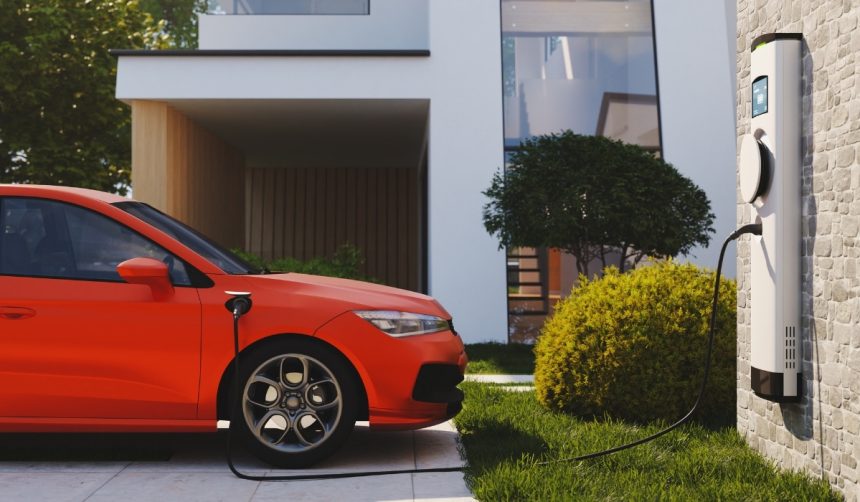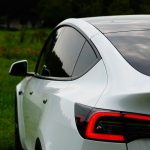During a recent visit to Riyadh, Elon Musk revealed a new milestone for his satellite internet venture, Starlink, which has now secured approvals for maritime and aviation use in Saudi Arabia. This expansion marks a significant step for the service, which already commands the largest satellite constellation globally with over 7,000 satellites in low-Earth orbit. With this latest announcement, the service enhances its accessibility to more regions, aiming to offer robust internet services where traditional infrastructures are lacking. Musk, alongside prominent tech figures, is part of President Donald Trump’s Middle East entourage, underscoring the importance of technology in the geopolitical dialogue.
Elon Musk’s assertion of expanding Starlink’s reach to Saudi Arabia aligns with prior activities where he sought to broaden the service’s footprint worldwide. Details from early 2025 indicate similar efforts in Vietnam and the Democratic Republic of the Congo, reflecting SpaceX’s strategic push into underserved markets. The move to secure permissions for maritime and aviation usage suggests a targeted focus on sectors where connectivity deficits are prevalent, highlighting Starlink’s competitive edge in offering global internet coverage. However, questions remain about future residential availability in Saudi Arabia, which Musk left unspecified.
How Extensive is Starlink’s Global Reach?
Starlink currently operates in over 125 countries, catering to both developed and developing regions. The addition of Saudi Arabia to its list of operational zones illustrates its mission to circulate internet access widely, targeting regions with limited existing infrastructure. Musk stated that the service is already functional in nearby Middle Eastern countries such as Qatar and Jordan, suggesting a focused regional expansion strategy. By securing maritime and aviation permissions, Starlink is poised to bridge connectivity gaps for travelers and remote locations, enhancing accessibility and service reliability.
What Other Ventures is Musk Promoting in Saudi Arabia?
At the Saudi-US Investment Forum, Musk promoted ventures like The Boring Company and xAI, presenting them to potential investors and officials. Additionally, he mentioned Tesla’s plans for autonomous robotaxis in Saudi Arabia. By showcasing these ventures, Musk seeks to introduce multiple technology fronts to the region, potentially opening doors for investments and partnerships. Advancing AI and autonomous technologies emphasizes the integration of innovative solutions into the kingdom’s future economy, aligned with Saudi Arabia’s Vision 2030 agenda.
Could Robotics and AI Stimulate Economic Expansion?
Musk predicted that humanoid robots could vastly expand the global economic output by increasing productivity. The promise of AI-driven technologies reflects a broader vision of economic prosperity shaped by technological advancements. As robotics become more ubiquitous, Musk envisions a world of “universal high income” with abundant goods and services, suggesting a paradigm shift in the economic landscape. His presentation of Tesla’s Optimus robots to global leaders demonstrates this ambition, reinforcing the transformative potential of AI and robotics in driving economic growth.
Elon Musk’s engagement with Saudi Arabia and discussions on Starlink expansion fit into a larger narrative of his endeavors in shaping global connectivity through technology. While the details and timelines for broader implementations remain vague, the implications of Starlink’s extended reach and the promotion of Musk’s other ventures indicate a concerted effort to integrate high-tech solutions into regions with varying infrastructures. This strategy diversifies Musk’s portfolio and aligns with global trends toward digital connectivity and AI enhancements in economic activities. As these ventures unfold, their real-world impact will reveal the full scope of Musk’s initiatives in enhancing accessibility and technological integration worldwide.










